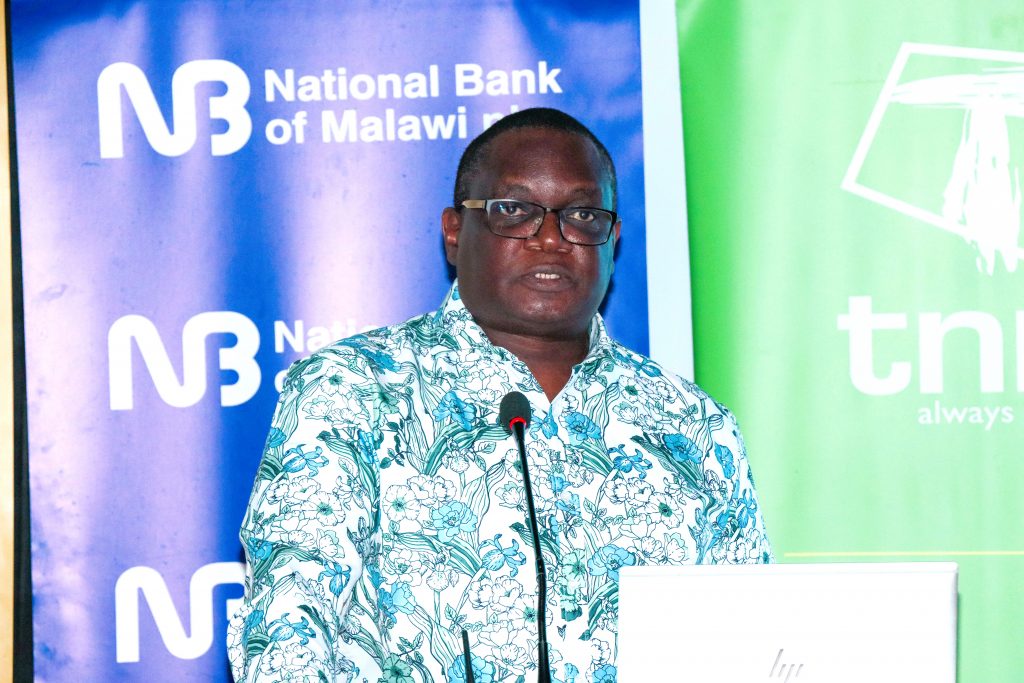
The Public Private Partnership Commission (PPPC) has hailed the achievements of the Digital Malawi Project (DIGMAP) Phase 1, a transformative $72.4 million initiative that officially concluded in October 2024 after seven years of implementation.
The project was implemented by the Ministry of Information and Digitalization, in collaboration with the PPPC, with funding from the World Bank.
Speaking at the 2025 International ICT Expo in Lilongwe on Friday, PPPC CEO Patrick Kabambe outlined a wide collection of accomplishments, highlighting the project’s role in laying a solid foundation for Malawi’s digital future.
“Digital Malawi Phase 1 focused on strengthening digital ecosystems, platforms and services, connectivity, and effective project management. We have seen real, measurable impact on the ground, from internet access to entrepreneurial empowerment,” said Kabambe.
Among the key successes, Kabambe emphasized that the project supported 10 tech innovation hubs with subgrants across the country to build local capacity in digital skills and entrepreneurship, a key pillar of the project’s ecosystem development component.
Kabambe also highlighted critical strides in policy and legislation, such as the passing of the Data Protection Act in 2024, presently managed by the Malawi Communications Regulatory Authority (MACRA).
On the service delivery front, he pointed out that the introduction of the Bomalathu platform, a citizen-facing digital government portal, will enable citizens to check the status of services like passport applications without having to physically visit government offices.
Additionally, the project expanded the government-wide area network to 530 new sites and installed 60 public Wi-Fi hotspots nationwide.
Kabambe said: “In places like Chancellor College at the University of Malawi, students can now access free Wi-Fi right on campus. It’s reducing barriers to education and information.”
Currently, the Government is implementing the second phase of the Digital Malawi Acceleration Project (DMAP), which aims to further advance the country’s digital transformation agenda.

